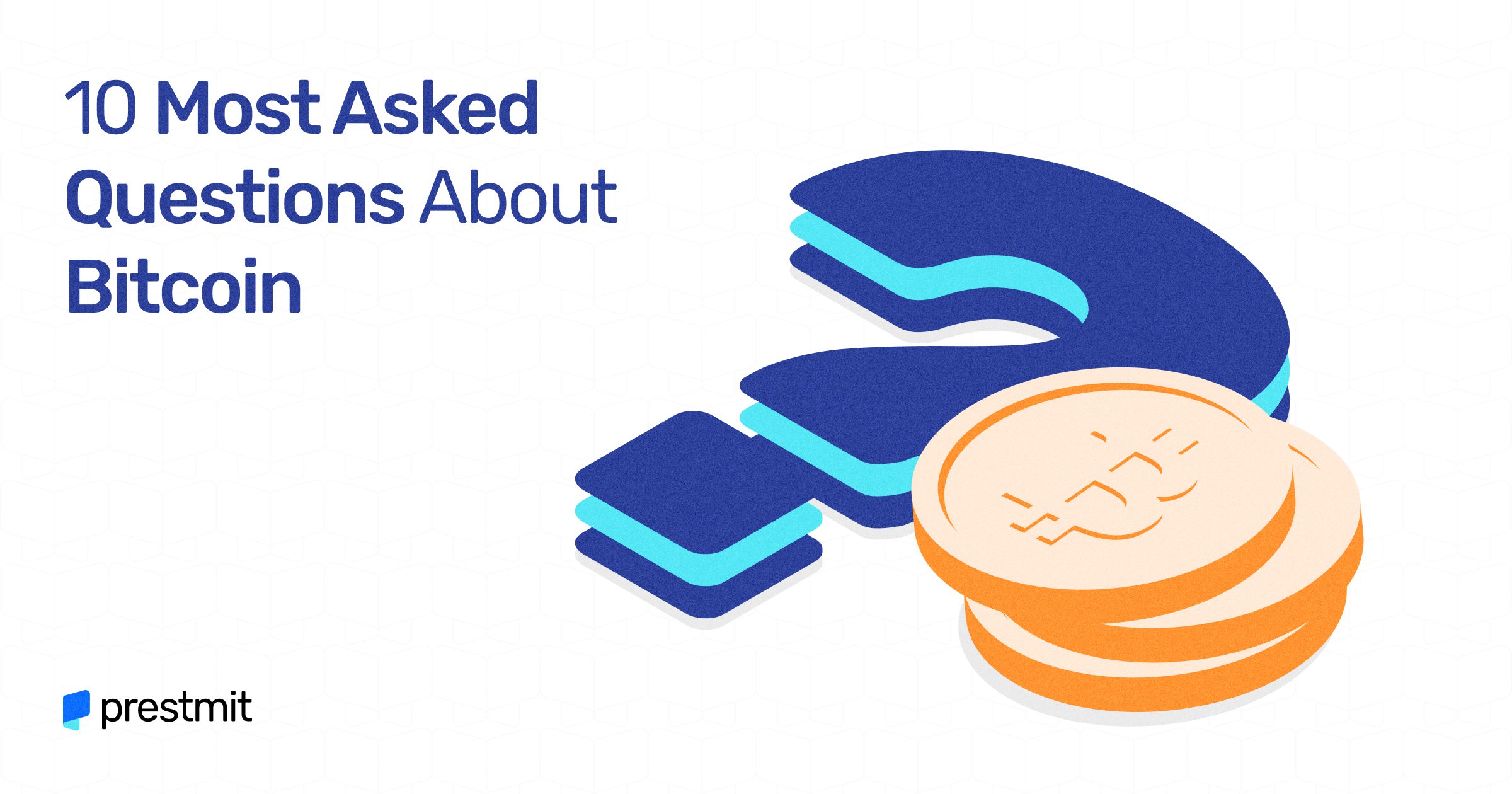Table of Contents
Bitcoin is one of the biggest innovations of the 21st century and has witnessed immense acceptance since it was launched in 2008. Although many other cryptocurrencies have been created since then, Bitcoin remains the world’s most popular and valuable digital currency, holding the largest market share by far. As of 2025, Bitcoin’s total market value hovers around $1.3 trillion, and millions of people across more than 190 countries use or own a fraction of it.
What began as an experimental idea in a white paper written by a mysterious figure named Satoshi Nakamoto has grown into a global movement that challenges how we think about money. In just over a decade, Bitcoin has gone from being dismissed as “internet money” to becoming a serious topic among governments, financial institutions, and ordinary people. Big companies like Tesla and PayPal have dabbled in it, while countries such as El Salvador have even adopted it as legal tender.
Yet, for all its fame, Bitcoin still sparks questions and confusion. What exactly is it? How does it work? Why do some people see it as the future of money while others warn it’s too volatile? And what does owning Bitcoin actually mean for an average person? This article answers the ten most frequently asked questions people ask about Bitcoin.
1. What is Bitcoin?

Bitcoin is a form of digital money that exists only on the internet. Unlike the cash in your wallet or the balance in your bank account, Bitcoin is not issued or controlled by any government, bank, or company. Instead, it runs on a public, decentralized network of computers spread across the world. Bitcoin is like a system that allows people to send and receive value online, directly, without needing a bank or payment company in between. Every transaction is recorded on a public ledger known as the blockchain, which is open for anyone to see.
Bitcoin is limited in supply and there will only ever be 21 million Bitcoins in existence. This scarcity is built into its design, making it somewhat similar to gold as you can’t create more at will. That’s why many people call it “digital gold.”
2. How Does Bitcoin Work?
When someone sends Bitcoin, what they’re really sending is a message-a digital signature-to transfer ownership from one person to another. Every user has two keys: a public key (like a bank account number) and a private key (like a secret password). Your private key is what proves you own your Bitcoin.
Transactions are grouped together into “blocks.” Miners compete to add these blocks to the blockchain by solving complex mathematical puzzles. The first miner to solve the puzzle adds the block and is rewarded with new bitcoins plus small transaction fees. The transaction becomes part of the permanent blockchain record once it is included in a block. It’s nearly impossible to change or delete, making Bitcoin extremely hard to hack or manipulate.
3. How Much is 1 BTC?
The price of 1 BTC is not fixed Bitcoin is traded on global exchanges 24 hours a day, seven days a week, without the opening and closing hours that regular stock markets have. Its price depends entirely on what people are willing to pay for it at any given time. Like any market, the value of Bitcoin rises when demand is high and falls when people sell or lose confidence.
4. Who Created Bitcoin, and Who Controls It?
Bitcoin was created by an unknown person or group using the name Satoshi Nakamoto., Satoshi published a nine-page paper titled “Bitcoin: A Peer-to-Peer Electronic Cash System.” in 2008. The goal was to allow people to exchange money online directly, without banks. Satoshi launched the network in early 2009, mined the first bitcoins, and then gradually disappeared from public view around 2010. No one knows who they really were or if it was an individual or a team.
No one controls Bitcoin today. The system is open source, which means its code is available for anyone to review or improve. Changes to Bitcoin’s software must be agreed upon by the global community of users, developers, and miners.
5. How Can I Buy and Store Bitcoin Safely?
Buying Bitcoin is much easier today than it was a few years ago. Most people buy it through cryptocurrency exchanges like Binance and Cdoinbase or through payment platforms that offer crypto options. You can even use Bitcoin ATMs in some countries.
Bitcoin is stored in digital wallets, which can be online (software wallets) or offline (hardware wallets). Online wallets are convenient and free, but they’re connected to the internet, which makes them slightly more vulnerable to hacks. Hardware wallets, on the other hand, are physical devices that store your private keys offline. They’re considered the safest option for long-term holding.
6. Is Bitcoin Legal?
Bitcoin is legal to own and use in several countries, but it’s regulated. Governments want to ensure that cryptocurrencies aren’t used for illegal activities such as money laundering or tax evasion.
For example, in the United States, the Internal Revenue Service (IRS) classifies Bitcoin as property, not currency. That means when you sell or trade Bitcoin, you might owe capital gains tax, just as if you sold a stock. The same applies in the UK, Canada, and many other countries. However, some countries have restricted or banned the use and Bitcoin trading entirely.
7. What is Bitcoin Mining?

Bitcoin mining is how new Bitcoins are created and how transactions are verified. Miners use powerful computers to solve math problems that confirm transactions and add them to the blockchain. In return, miners receive new bitcoins as a reward. This process happens roughly every ten minutes and creates a new block of verified transactions.
The reward for mining new blocks is cut in half every four years in an event known as Bitcoin halving. This gradual reduction ensures that Bitcoin remains scarce and it becomes harder to mine over time.
8. Is Bitcoin Mining Bad for the Environment?
Mining uses a lot of electricity because it requires constant computer power. Critics say this contributes to carbon emissions and environmental harm. However, many Bitcoin miners now use renewable energy sources such as hydro, wind, and solar.
In fact, over 50% of Bitcoin mining now relies on cleaner energy. In some areas, miners use excess natural gas or stranded hydroelectric power. Still, the environmental concern is valid. The Bitcoin community continues to explore ways to make mining more efficient, such as using recycled energy and better hardware. Like any big innovation, the challenge is finding balance between progress and sustainability.
9. What are the Risks Associated with Bitcoin?
Bitcoin comes with some risks. The first is volatility. Bitcoin’s price can swing dramatically in a single day. While some see this as a chance for profit, it can also mean big losses for those unprepared. Second, there’s security. If you lose your private key or someone hacks your wallet, you can lose your coins permanently. There’s no “forgot password” option once lost, it’s gone. Third, Bitcoin scams and fraud are common in the crypto world.
Fake investment platforms, phishing emails, and social media scams have tricked many people. Always double-check any website or service before sending money. Finally, Bitcoin still faces regulatory uncertainty. Governments are figuring out how to manage cryptocurrencies, and sudden policy changes can affect its price and usage.
10. What Does the Fture of Bitcoin Looks Like?
Bitcoin’s future is one of the most exciting questions in modern finance. Many believe it will become a global store of value, like digital gold-something people hold to protect their wealth against inflation or economic instability. Major investment firms began offering Bitcoin exchange-traded funds (ETFs) in 2024, making it easier for traditional investors to buy in. That move alone signaled growing acceptance in mainstream finance.
Others believe Bitcoin’s future lies in payments, especially with the rise of the Lightning Network and mobile wallets. Bitcoin offers a way to save and send money without relying on banks for people in developing countries or unstable economies. However, there are still many challenges Bitcoin faces like price swings and government regulation.
Conclusion
Bitcoin represents more than just an investment for millions of people around the world. It’s a way to take control of their own money without relying on banks or borders. For others, it’s simply an exciting new asset class that they watch closely but approach with caution. Wherever you stand, understanding Bitcoin gives you an edge in a world where digital currencies are shaping the future. So whether you want to invest in Bitcoin or use it as a store of wealth, it is important that you stay informed. The more you understand what Bitcoin is and what it isn’t, the better prepared you’ll be for whatever comes next in this fast-moving digital age.
Last updated on October 14, 2025

